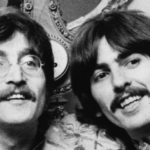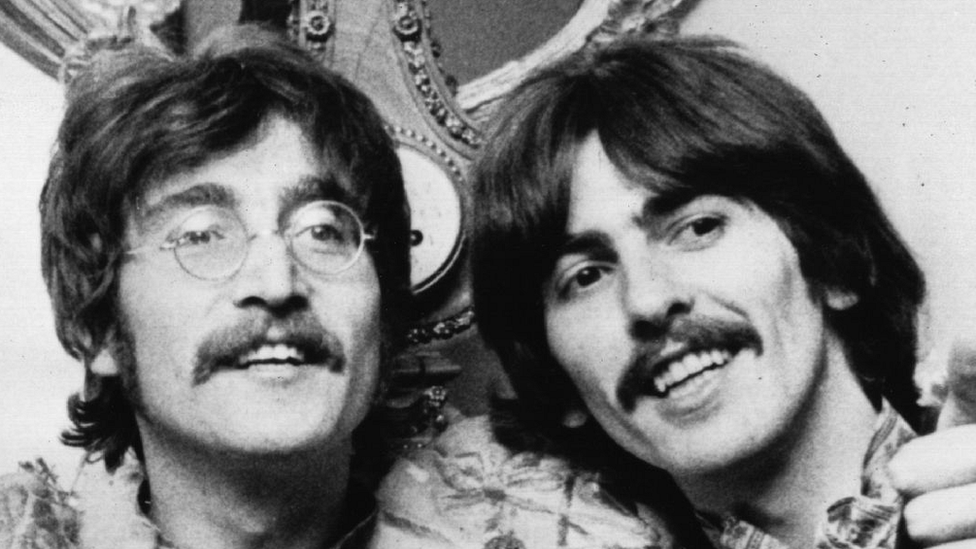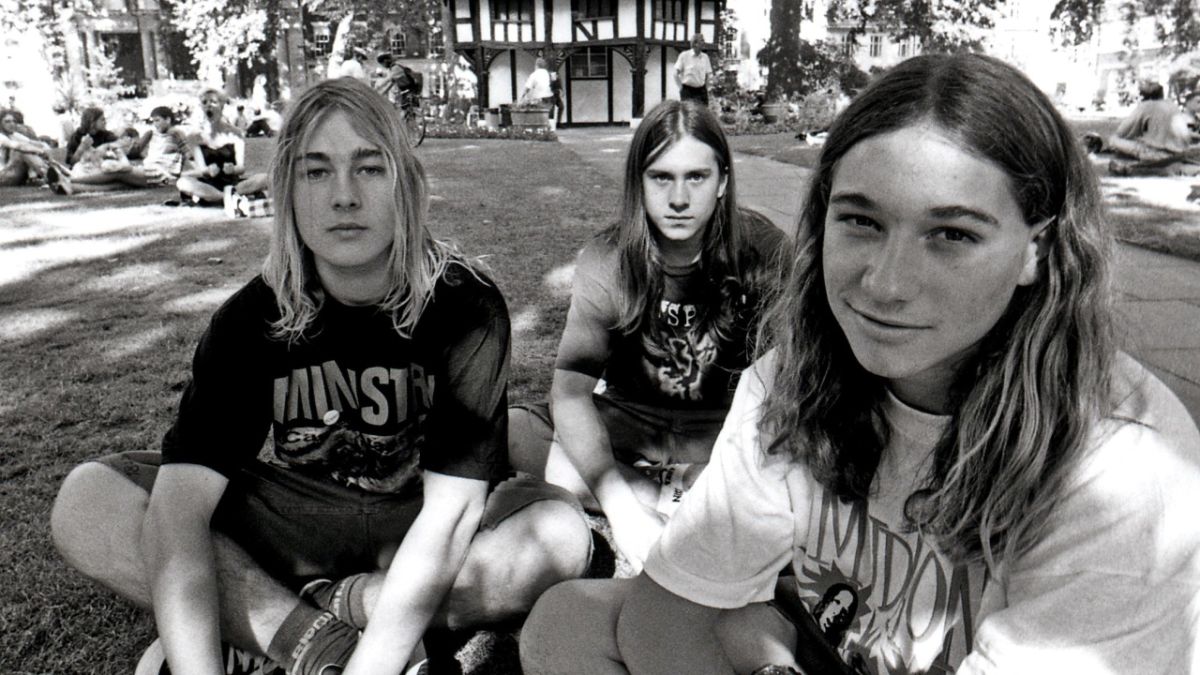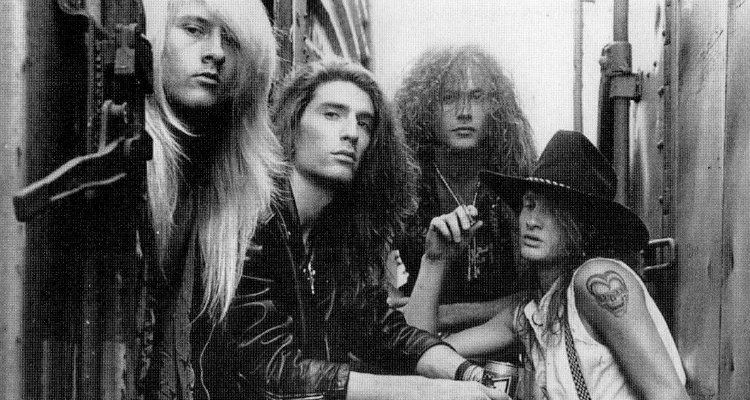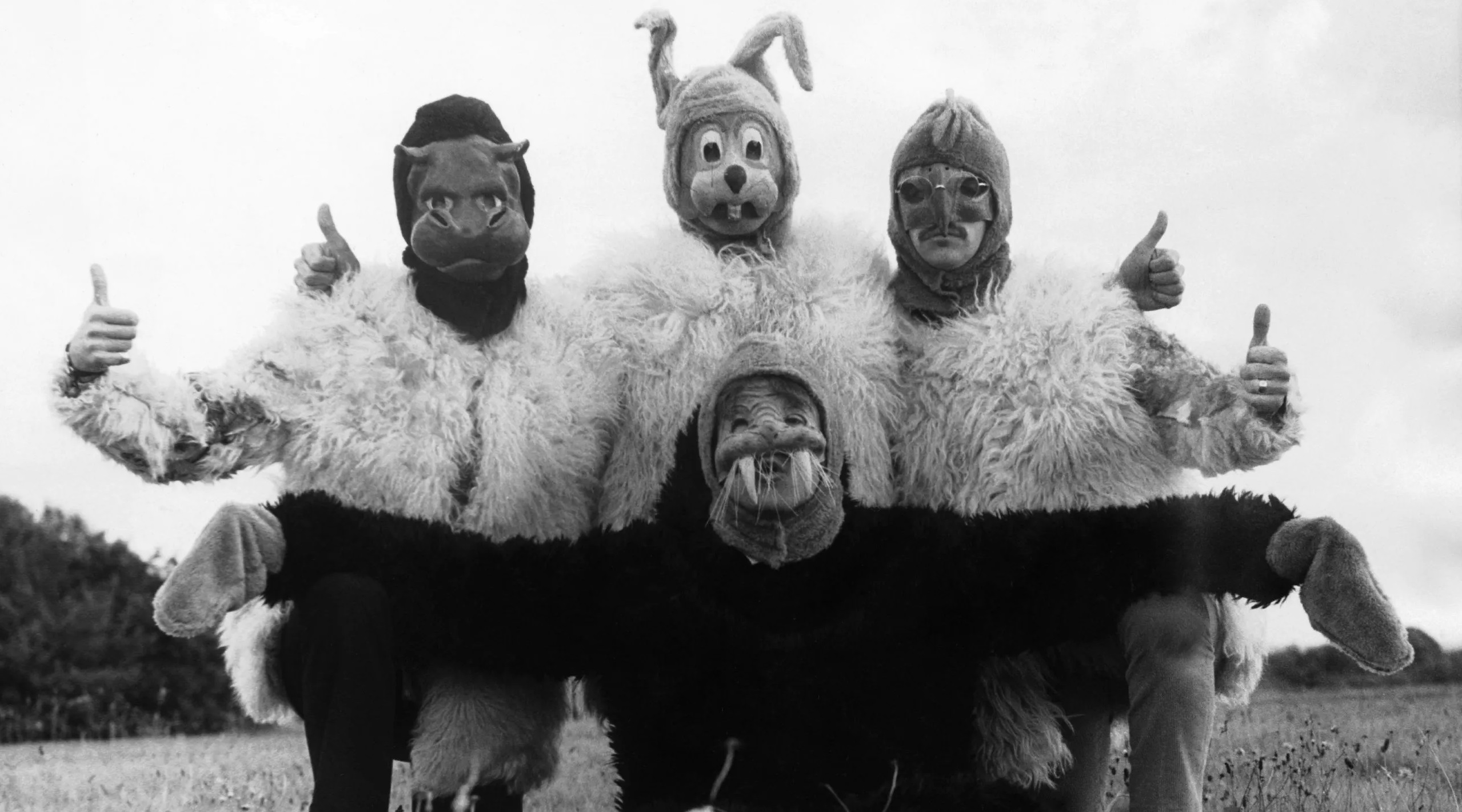Introduction
In the annals of music history, few artists have been as iconic and enigmatic as Johnny Cash. Known as the “Man in Black,” Cash was a legend in the world of country and rock music. His deep, gravelly voice and emotionally charged lyrics resonated with audiences across generations. However, in the twilight of his career, Cash made an unexpected choice that would cement his status as an enduring musical icon. He covered Nine Inch Nails’ haunting 1994 song, “Hurt.” This decision was not only surprising but also profoundly moving, given the circumstances of Cash’s life at that time. In this article, we will delve into the extraordinary journey that led Cash to record this unforgettable cover, the impact it had on both the music world and the artist himself, and the reaction of Trent Reznor, the original songwriter.
The Unlikely Choice
Johnny Cash’s decision to cover Nine Inch Nails’ “Hurt” may seem like a strange choice at first glance. After all, Cash was primarily known for his country and rockabilly roots, while Nine Inch Nails, led by Trent Reznor, were pioneers of industrial rock. The two artists came from vastly different musical worlds, and the idea of a country legend covering an alternative rock song appeared unusual, to say the least.

However, what makes Cash’s interpretation of “Hurt” so remarkable is the transformation of the song’s meaning when sung by him. Trent Reznor originally penned the song as a dark exploration of a young person’s descent into self-harm or drug addiction. The lyrics carried a raw and anguished quality that Reznor intended to convey the inner turmoil of the song’s protagonist. But when Johnny Cash took on the song, it took on an entirely new life.
Cash, at the time of recording, was an older man who knew that his life was drawing to a close. His voice carried the weight of decades of experience and hardship, and his interpretation of the lyrics shifted the narrative. When Cash sang “Hurt,” it became a reflection on a life well-lived, the regrets and mistakes that haunted him, and the inevitability of mortality. It was a poignant meditation on the passage of time and the choices we make in our lives.
The Man in Black’s Remarkable Career
Before we delve deeper into the story behind Cash’s cover of “Hurt,” let’s take a moment to appreciate the extraordinary career of Johnny Cash. Born in Kingsland, Arkansas, in 1932, Cash’s journey to stardom was anything but smooth. He faced early setbacks and struggled with personal demons, including addiction. However, his talent and determination eventually led him to sign his first major record deal with Sun Records in the mid-1950s.

Cash quickly rose to prominence, earning a reputation as one of the greatest country and rock singers of all time. His hits, including “I Walk the Line,” “Ring of Fire,” and “Folsom Prison Blues,” became classics that continue to resonate with audiences today. Beyond his musical prowess, Cash was also known for his distinct fashion sense, often dressing in all black. This iconic look earned him the moniker “The Man in Black.”
As Cash’s career evolved, so did his image. In the ’70s and ’80s, he expanded beyond music, making appearances in both television and film. Yet, as the ’90s dawned, the music industry underwent a seismic shift. Alternative rock was in the spotlight, and record labels were eager to embrace this new wave. While many of these alternative bands had punk roots, they held a deep appreciation for Cash’s contributions to music.
The Rick Rubin Connection
It was in this changing musical landscape that Johnny Cash’s path crossed with that of producer Rick Rubin. Rubin, known for his eclectic roster of artists, including the Red Hot Chili Peppers, Beastie Boys, Run-DMC, and Slayer, was scouting for acts to add to his growing label, American Recordings. Rubin saw Cash as an essential figure in music who had been somewhat neglected by the industry.
The initial meeting between Cash and Rubin was not without its doubts. Cash’s daughter, Rosanne Cash, admitted in interviews that she had concerns about her father collaborating with Rubin, given his history of working with artists like Slayer. She couldn’t fathom how an artist who produced rap music and hard rock could understand her father’s essence and legacy.

However, Rubin’s pitch to Johnny Cash was persuasive. He offered the seasoned artist something he valued immensely: creative freedom. Rubin proposed a simple approach—Cash and his guitar, stripped down to the core. It was an opportunity for Cash to record the kind of album he had dreamt of, a collection of songs that allowed him to showcase his soul and storytelling prowess. Cash’s dream of making an album titled “Late and Alone” aligned perfectly with Rubin’s vision.
The Birth of American Recordings
Johnny Cash eventually signed with Rick Rubin’s American Recordings, which marked a significant departure from his previous affiliations with major labels. This partnership would redefine Cash’s late-career trajectory. His first album under American Recordings, aptly titled “American Recordings,” was released in 1994. It featured a mix of Cash’s original compositions and songs by renowned artists like Tom Waits and Leonard Cohen. Critics lauded the album, and it earned Cash some of the best reviews of his career.
The success of “American Recordings” set the stage for a series of albums that would follow, each showcasing a different facet of Cash’s talent. “Unchained” arrived in 1996, featuring covers of songs by artists like Beck, Soundgarden, and Tom Petty. This album earned Cash a Grammy nomination for Best Country Album. “Solitary Man” followed in 2000, with Cash covering U2’s “One” among other tracks.
The Bold Decision: Covering “Hurt”
It was during this period that Rick Rubin, known for his unconventional ideas, approached Johnny Cash with a proposition—cover Nine Inch Nails’ “Hurt.” Trent Reznor, the mastermind behind Nine Inch Nails, was both flattered and skeptical when Rubin asked if Cash could cover one of his songs. Initially, Reznor thought the idea sounded gimmicky, a notion reinforced by the perceived incongruity of Cash’s and Nine Inch Nails’ musical styles.

However, Cash’s rendition of “Hurt” was not just about covering a song but also about infusing it with his own unique perspective. He made subtle changes to the lyrics, replacing “crown of shit” with “crown of thorns” to make the song more palatable for a broader audience. Rubin, aware of Cash’s initial difficulty in understanding the lyrics, sent him the song’s words, urging him to connect with the meaning and make it his own.
Cash eventually trusted Rubin’s insistence on recording “Hurt,” and the song was laid down at Rubin’s home in Los Angeles. It was an emotionally charged experience for Cash, whose health was rapidly deteriorating at this point. Rubin later shared that there were moments when Cash’s voice sounded broken, but they embraced these imperfections as part of the raw beauty of the recording.
The Haunting Music Video
One cannot discuss Johnny Cash’s cover of “Hurt” without acknowledging the haunting music video that accompanied it. Directed by Mark Romanek, the video was a poignant visual representation of Cash’s life, legacy, and the passage of time. It juxtaposed images of a young, confident Cash from his early career with those of a frail, elderly man nearing the end of his life.
The video featured poignant shots of Cash’s former home in Hendersonville, Tennessee, which had been ravaged by a fire in 2007. There were scenes of Cash’s old performance footage, as well as shots of his late wife, June Carter Cash, who had passed away in May 2003. The video’s symbolism was unmistakable—the burning house, the fleeting glimpses of youth, and the somber reflection on what was lost.
It was this music video that added a layer of depth to the song and made Cash’s cover of “Hurt” all the more emotionally resonant. The vulnerability in Cash’s voice and the profound sense of reflection and finality he conveyed left an indelible mark on viewers and listeners alike.
The Impact of “Hurt”
When Johnny Cash’s cover of “Hurt” was released in 2002 as part of his album “American IV: The Man Comes Around,” it was met with widespread acclaim. Critics and fans alike praised Cash’s interpretation of the song as a testament to his enduring talent and the depth of his artistry. It was a poignant reminder that great music transcends genres and can touch the hearts of people from all walks of life.
One of the most striking aspects of Cash’s cover of “Hurt” was the way it resonated with audiences across generations. While Nine Inch Nails’ original version of the song spoke to the disillusionment and despair of a younger generation, Cash’s rendition took on a universal quality. It became a song about the human condition, about the regrets and reflections that come with age, and about the inevitability of mortality.
Trent Reznor’s Reaction
Trent Reznor, the original songwriter of “Hurt” and the mastermind behind Nine Inch Nails, had his reservations when he first learned that Johnny Cash intended to cover his song. In a 2002 interview with MTV News, Reznor admitted, “I was flattered but kind of appalled at the same time because it’s such a personal song.”
Reznor’s skepticism stemmed from the fear that Cash’s cover would strip away the raw, visceral quality of the original and turn it into something entirely different. He was concerned that the song’s meaning might be lost or altered beyond recognition. However, when Reznor saw the music video for Cash’s version of “Hurt,” his initial skepticism transformed into admiration and deep respect.
In interviews, Reznor has spoken about how he was moved to tears upon watching the music video. He described it as “a really powerful piece of work” and acknowledged that Cash’s cover had brought new layers of meaning to the song. Reznor recognized that Cash had made the song his own, infusing it with a sense of authenticity and vulnerability that was uniquely his.
In a statement that speaks to the power of music to transcend boundaries and connect people, Reznor said, “It really, honestly, caught me off guard. It made me think about how it’s our song now. I feel like I’ve lost a girlfriend, because that song isn’t mine anymore.”
Legacy and Cultural Impact
Johnny Cash’s cover of “Hurt” became an iconic moment in music history, and it was a fitting farewell for a legendary musician whose career had spanned decades. The song and its accompanying music video served as a poignant reflection on Cash’s life, his struggles, and his journey towards the end. It allowed him to connect with a new generation of fans while also resonating deeply with those who had followed his career from the beginning.
The impact of “Hurt” extended far beyond the realm of music. It became a cultural touchstone, sparking discussions about aging, mortality, and the power of art to convey the human experience. The video, in particular, was celebrated as a masterful piece of filmmaking, and Mark Romanek’s direction was widely praised for its ability to evoke profound emotions.

In the years following Cash’s cover of “Hurt,” the song has been used in numerous films, television shows, and documentaries, further solidifying its status as a timeless classic. It continues to inspire artists of all genres and remains a testament to the enduring power of Johnny Cash’s music.
Conclusion
Johnny Cash’s decision to cover Nine Inch Nails’ “Hurt” was a surprising and deeply moving choice that left an indelible mark on the world of music. It was a testament to Cash’s ability to infuse a song with his own unique perspective and to transcend genres and generations. His rendition of “Hurt” remains a haunting and powerful reflection on life, regret, and mortality.
The story behind Cash’s cover of “Hurt” is a testament to the transformative power of music and the way it can connect artists from different worlds. It is a reminder that great music knows no boundaries and can touch the hearts of people from all walks of life. Johnny Cash’s legacy endures, and his cover of “Hurt” will forever stand as a testament to his artistry and his ability to move and inspire audiences with his music.


